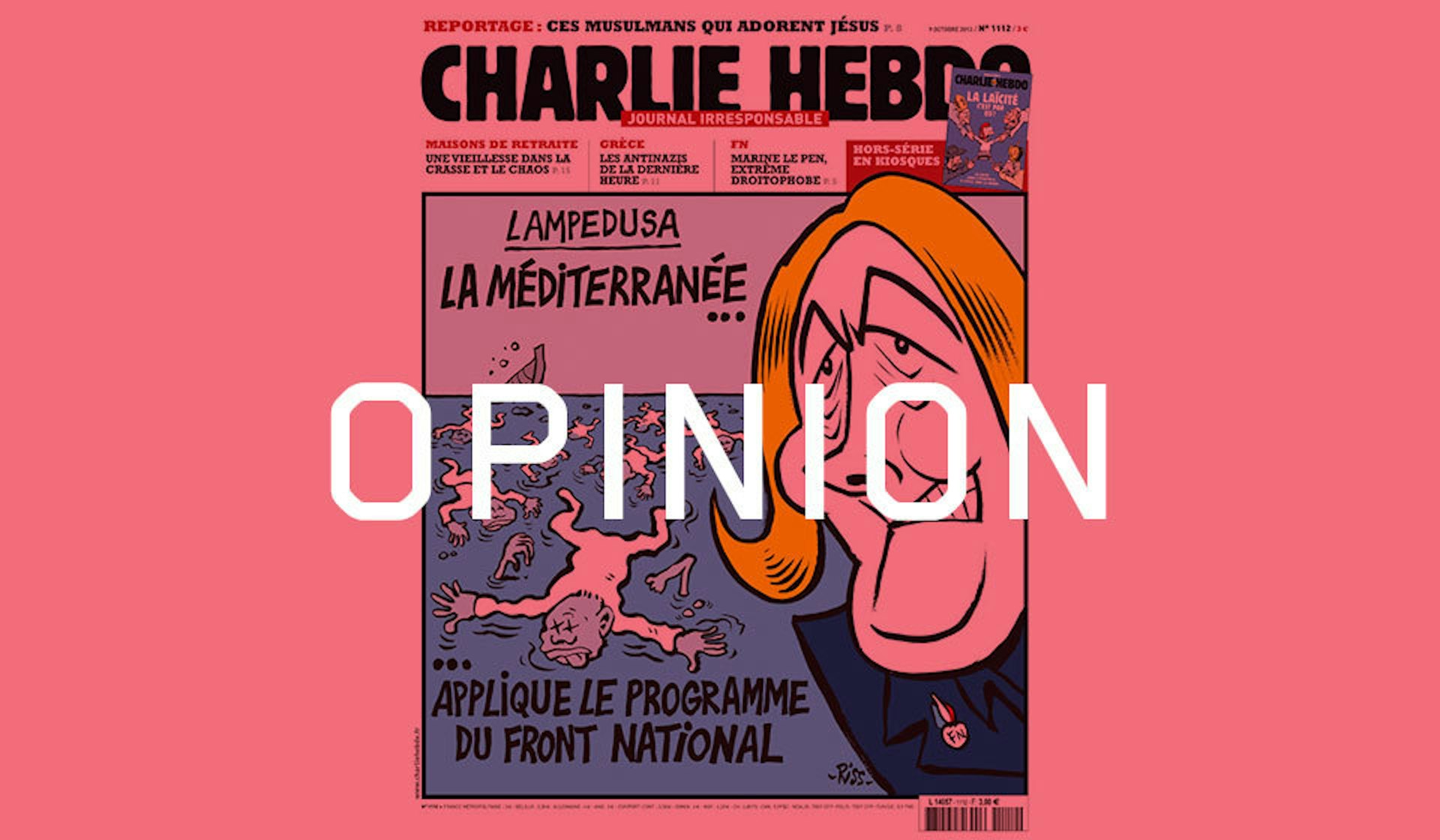- Text by Alex King
Filmmaker Frederick Wiseman seized on the arrival of compact, lightweight equipment in the 1960’s to take the camera to places it had never been before. His verité-style, narration-free portraits revealed the often shocking inner workings of American institutions, such as brutal treatment of mentally ill prisoners in Titicut Follies (1967) and indoctrination and social control in High School (1968). Over six decades of filmmaking, Wiseman has explored many of the building blocks that make up society, from juvenile courts to universities to the military and public housing projects, and has revealed the struggles, conflicts and emotions at the heart of the relationship between people and institutions.
His new film National Gallery is far less incendiary than much of his earlier work, but alongside exploring the immense art collection that hangs on its walls, it documents the gallery’s struggles to stay relevant amidst vast cultural changes.
Despite his unique, insider’s perspective on so many of the institutions that shape our society, Wiseman denies any revelations about the changes he’s observed during a half-century of exploratory filmmaking. “I’m much more interested in individual behaviour,” he explains. “I don’t know how to respond to general cultural issues. I’m not sure that human nature has changed very much in the last 10,000 years.”
How would Wiseman approach new institutions like Occupy, Anonymous or Wikileaks, who are at the forefront of change in today’s decentralised, internet-dominated world? “They all make good subjects but I would think that they probably wouldn’t give permission,” he says. “They try to maintain their anonymity, at least in terms of their working methods, their network of people that provide them with information. At the same time they want to reveal everything about the government, they don’t want to reveal how they operate. It would be interesting but I can’t imagine Julian Assange would provide me with a list of his informants or they would let me hang out with them as they hack or contact people to get information.”
Taken together, his films of the 60s and 70s paint a picture of the darker currents that ran through the Vietnam generation, but Wiseman insists his choice of institution has never been about trying to build a wider picture of society or capture the zeitgeist through choosing the most topical institutions. He explained it was more often down to chance or where his own curiosity lead him. “One of the reasons I make films is it enlarges my experience,” he says. “It’s interesting and great fun to ride around in police cars and hang out at the National Gallery. You get to see what’s going on in different parts of the world. You get exposed to a wide variety of human behaviour, so it beats having a regular job.”
National Gallery is out now in UK cinemas.
